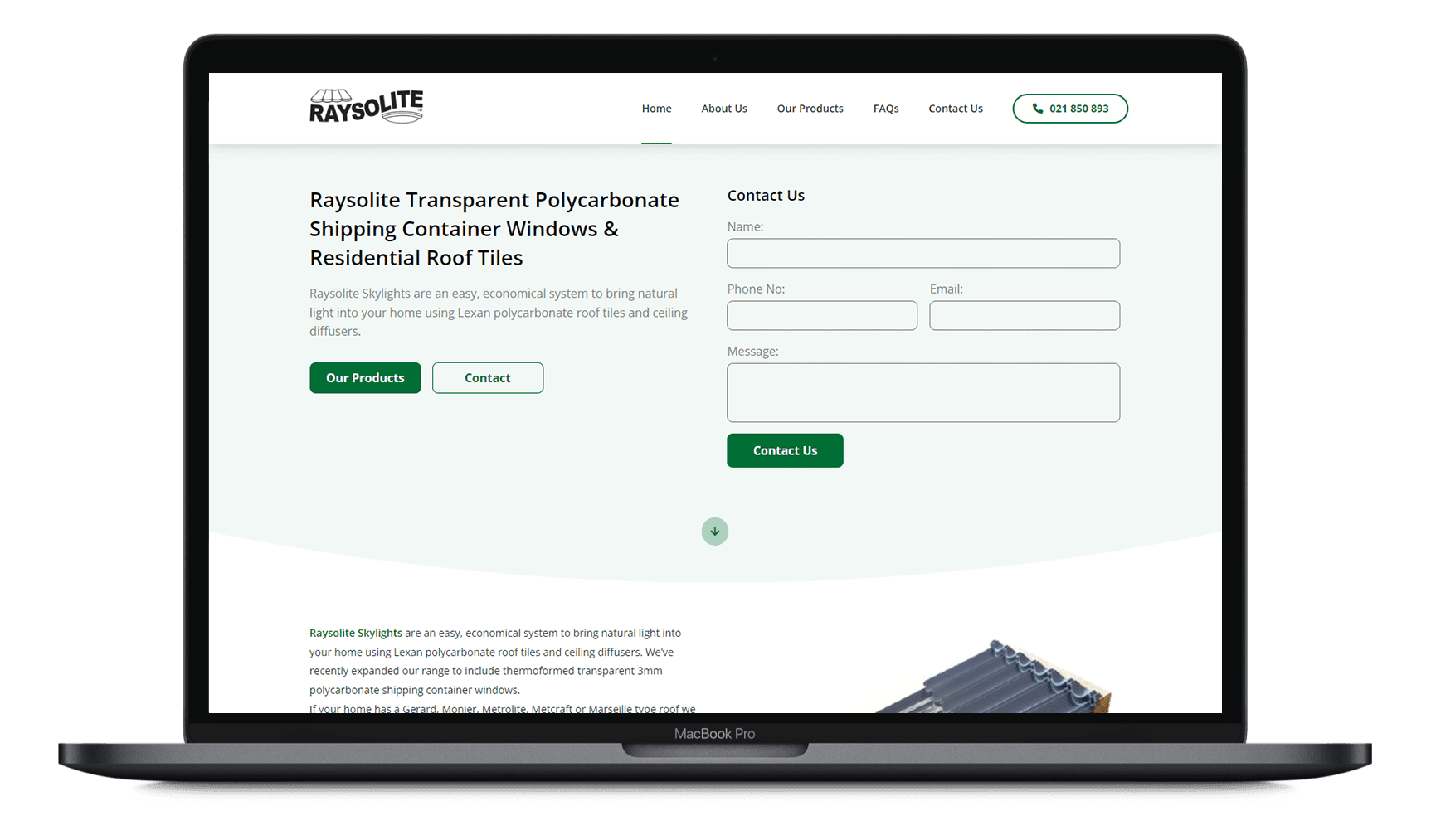Introduction: The World of SEO and Keywords
Welcome aboard, SEO adventurers! Are you ready to unravel the mystery of long-tail keywords and their usage? If you’ve ever asked yourself, “What are long-tail keywords and how to use them?” then you’ve stumbled upon the right corner of the internet. So buckle up, and let’s set sail on this exciting voyage of discovery.
Unearthing the Basics: What are Long-tail Keywords and How to Use Them?
If SEO is a vast ocean, long-tail keywords are the hidden treasure beneath its waves. Unlike short, generic keywords (often called “head” keywords), long-tail keywords are more specific and usually contain three or more words. But don’t let their length fool you. Long-tail keywords may not attract as much traffic, but they have higher conversion rates because they target users that are closer to the point of purchase. So, how can you harness the power of long-tail keywords? That’s what the rest of this article is all about.
Diving Deeper: Why are Long-tail Keywords Important?
The significance of long-tail keywords lies in their specificity. Let’s face it; people are getting savvier with their searches. They’re no longer just typing in a product name but looking for specific characteristics, locations, brands, and more. Using long-tail keywords helps you to cater to these specific needs and rank higher for these search terms.
The Higher Conversion Rates of Long-tail Keywords
Long-tail keywords are conversion superstars. When people use specific search phrases, they have a clear intent and are probably closer to making a purchase or subscribing. Capitalising on these specific queries can be like hitting the bullseye for your conversion rates.
Ranking High in a Niche Market
In the world of SEO, sometimes it’s better to be a big fish in a small pond. Targeting niche markets with long-tail keywords can help you rank high in these specific areas. It might not bring a flood of traffic, but it will bring in the right kind.


































